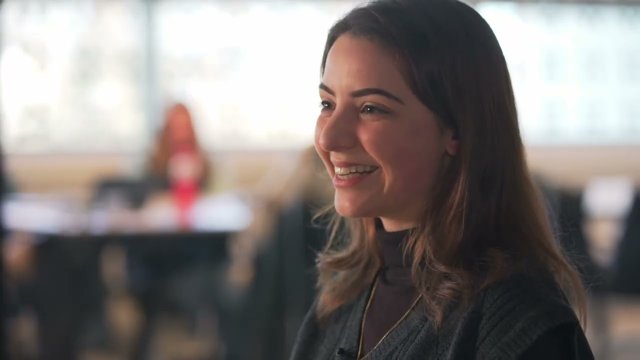During your Master’s in Geo-Information Science and Earth Observation (GEO), you will complete a total of 120 EC within two years. During the programme you will take foundation courses, specialisation courses, and elective courses. Additionally, you can gain additional work experience through an optional internship before completing your studies with your master’s thesis.
Structure
YEAR 1 | NUMBER OF EC | PATHWAYS AND COURSES |
|---|---|---|
Foundation courses Required courses for all students of the Master’s. | 15 EC |
|
Specialisation courses Required courses for all students of the specialisation. | 25 EC |
Pathway 1 Remote Sensing Specialist.
Pathway 2 Geospatial Data Engineer and Analyst
|
Elective courses You can choose a course that matches your interests and career ambitions | 10 EC | See above for GeoAI-related elective courses. |
Research courses Required course for developing your research skills | 10 EC | Research Skills and Proposal writing |
YEAR 2 | NUMBER OF EC |
|
|---|---|---|
Electives | 25 EC | In the second year, you can personalise your study programme by doing an internship (15 EC) and/or taking elective courses (5 EC) including professional courses (2.5 EC). |
Research | 35EC | To complete your Master’s in Geo-information Science and Earth Observation you will conduct a research project of your choice. |
Total EC | 120 EC |
|
Internship
In the second year of your Master’s in Geo-Information Science and Earth Observation, you can apply the knowledge and skills you have acquired during your studies by doing an internship at a consultancy company, government agency, research institute, or non-governmental organisation in the Netherlands or abroad. ITC has a broad network of organisations where you can do your internship project. The internship is equivalent to 15 EC of the elective space in your 2nd year of studies.
Examples of internships that students have done are:
- Snow cover mapping at DLR (Germany) by Tishya Duggal
- Species Distribution Models at Naturalis Biodiversity Center (The Netherlands) by Onurcan Cirpik
- Crop Yield Monitoring using Machine Learning at NASA Servir Science Coordination Office (USA) by Rohitha Neelam
- Farm Boundary Extraction Using Earth Observation Data and Segmentation at Earth System Science Center – University of Alabama in Huntsville (USA) by Ali Ali Surojaya
- Data need assessment and acquisition for a Web application which provides baseline geodata for informed decision making at Witteveen+Bos (The Netherlands) by Uzziel Kamran
Master's thesis
You will complete your studies with a Master’s thesis on a topic of your choice. You will work with a supervisory team throughout the course of your research.


